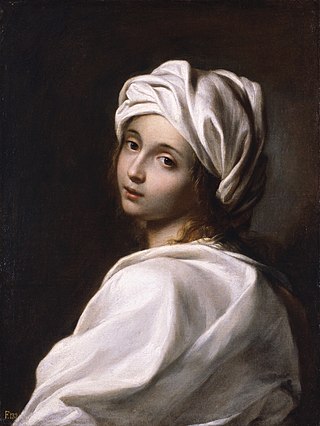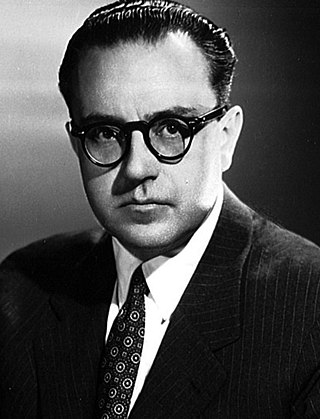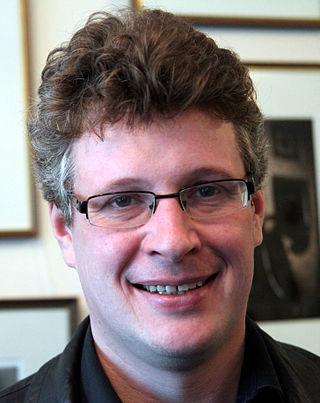Related Research Articles

William Havergal Brian was a prominent 20th-century English composer, librettist, and church organist.

The Symphony No. 1 in D minor is a symphony composed by Havergal Brian between 1919 and 1927. At around 105 minutes it is among the longest symphonies ever composed. Along with choral symphonies such as Beethoven's Ninth Symphony or Mahler's Eighth Symphony, it is one of a few works attempting to use the musically gigantic to address the spiritual concerns of humanity. Beginning in D minor and closing in E major, the work is an example of progressive tonality.

The Cenci. A Tragedy, in Five Acts (1820) is a verse drama in five acts by Percy Bysshe Shelley written in the summer of 1819, and inspired by a real Roman family, the House of Cenci. Shelley composed the play in Rome and at Villa Valsovano near Livorno, from May to 5 August 1819. The work was published by Charles and James Ollier in London in 1819. The Livorno edition was printed in Livorno, Italy by Shelley himself in a run of 250 copies. Shelley told Thomas Love Peacock that he arranged for the printing himself because in Italy "it costs, with all duties and freightage, about half of what it would cost in London." Shelley sought to have the play staged, describing it as "totally different from anything you might conjecture that I should write; of a more popular kind... written for the multitude." Shelley wrote to his publisher Charles Ollier that he was confident that the play "will succeed as a publication." A second edition appeared in 1821, his only published work to go into a second edition during his lifetime.

Beatrice Cenci was a Roman noblewoman imprisoned by her father, who repeatedly raped her. To escape the abuse and get away from the house, she killed him. The story of the murder and what led up to it shocked Europe. Despite outpourings of public sympathy, Beatrice Cenci was beheaded in 1599 after a lurid murder trial in Rome that gave rise to an enduring legend about her.
Cenci or variant Censi is an Italian surname.

Beatrix Cenci is an opera in two acts by Alberto Ginastera to a Spanish libretto by the composer and William Shand, based on the historical family of Beatrice Cenci, the Chroniques italiennes by Stendhal, and The Cenci by Percy Shelley. The first performance was on 10 September 1971 by the Opera Society of Washington in Washington, D.C., as part of the opening of the John F. Kennedy Center for the Performing Arts. The stage direction was by Gerald Freedman, with choreography by Joyce Trisler, and the conductor was Julius Rudel. New York City Opera first staged the work on 1 April 1973. The European premiere of Beatrix Cenci took place at the Geneva Opera in September 2000.
The 1928 International Columbia Graphophone Competition was a competition part-sponsored by the Columbia record company in honour of the centenary of the death of Franz Schubert. Its original aim was to encourage composers to produce completions of Schubert's 'Unfinished' Symphony but the rules were modified several times to allow the submission of original symphonic works. Preliminary rounds were judged on a country or area basis, and the winning works at this level were then forwarded to the final judging for the world prize, which took place in Vienna. Notable composers who gained prizes in the country categories included Vasily Kalafati, Havergal Brian, Czesław Marek and Franz Schmidt, but the overall prize, after a wrangle among the judges, was awarded to the Swedish composer Kurt Atterberg for his Sixth Symphony.
Malcolm MacDonald, also known by the alias Calum MacDonald, was a British author, mainly about music.
Martyn Charles Brabbins is a British conductor.

A choral symphony is a musical composition for orchestra, choir, and sometimes solo vocalists that, in its internal workings and overall musical architecture, adheres broadly to symphonic musical form. The term "choral symphony" in this context was coined by Hector Berlioz when he described his Roméo et Juliette as such in his five-paragraph introduction to that work. The direct antecedent for the choral symphony is Ludwig van Beethoven's Ninth Symphony. Beethoven's Ninth incorporates part of the ode An die Freude, a poem by Friedrich Schiller, with text sung by soloists and chorus in the last movement. It is the first example of a major composer's use of the human voice on the same level as instruments in a symphony.
Myer Fredman was a British-Australian conductor.
Adelaide Orsola Appignani was an Italian singer, conductor, music educator and composer.
Lancelot Beresford Bryan Fairfax was an Australian conductor based in the United Kingdom, who was known for his championing of little known or neglected works.
Roderick Gregory Coleman Williams OBE is a British baritone and composer.

Alexander Walker is a British conductor.
Beatrice Cenci is an opera by German composer Berthold Goldschmidt based on the Shelley play The Cenci. Composed in 1949 to an English libretto by Martin Esslin, the opera won first prize in the Festival of Britain opera competition in 1951 but was not performed until 1988.
The Tigers is a burlesque opera in a prologue and three acts by Havergal Brian. Written 1917–1919 and 1927–1929, it was lost, then recovered in 1977, and premiered in 1983 when it was recorded 3–8 January 1983 at BBC Maida Vale Studios. It was broadcast on BBC Radio 3 on 3 May 1983. The plot concerns a regiment nicknamed The Tigers.
Il proscritto is an 1842 opera by Saverio Mercadante to a libretto by Salvatore Cammarano based on the 1839 play Le proscrit by Frédéric Soulié. The premiere took place at the San Carlo Theatre in Naples on January 4, 1842.
References
- ↑ Havergal Brian: A Collection of Essays, ed. Lewis Foreman (1969), p. 16